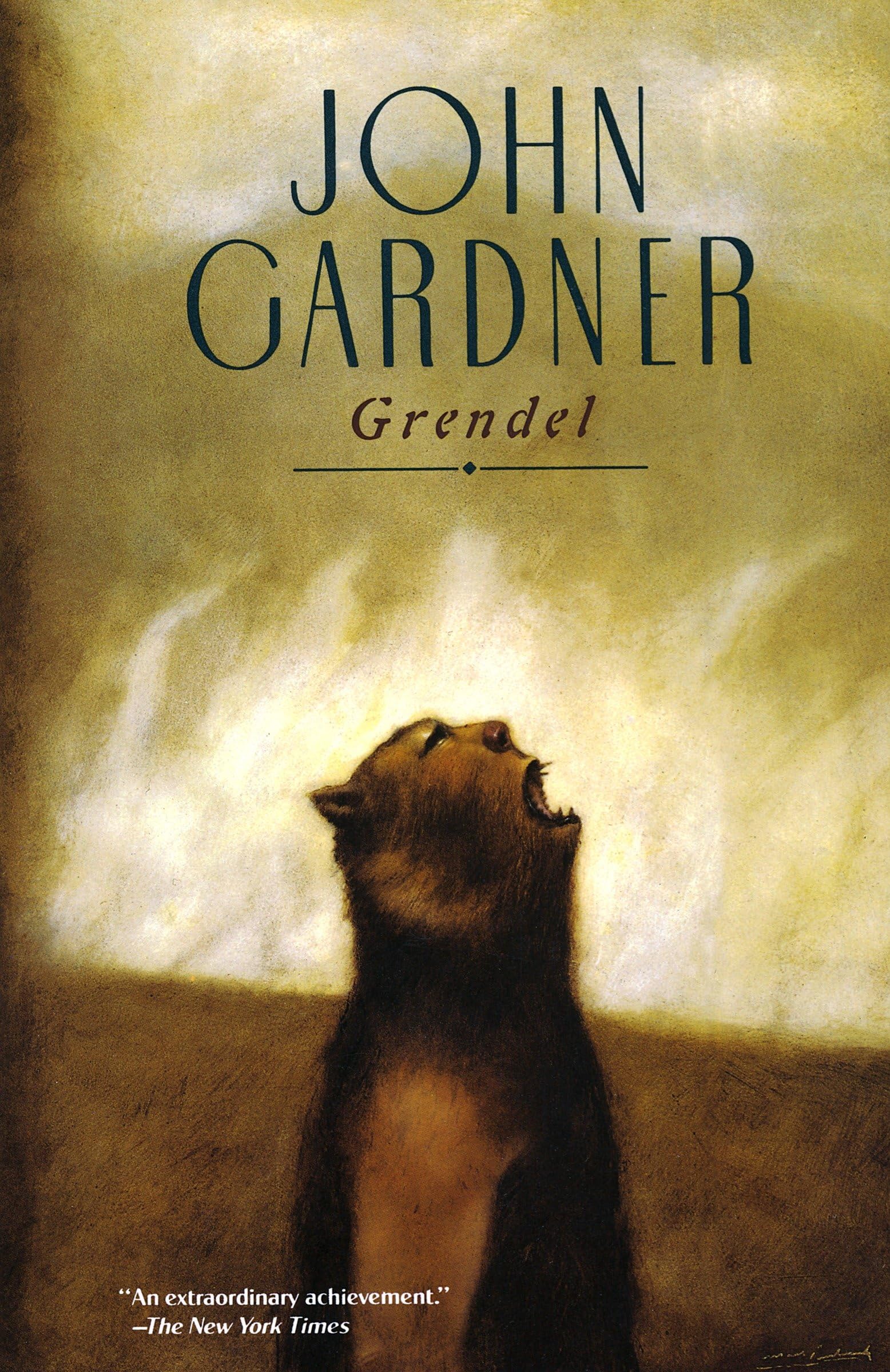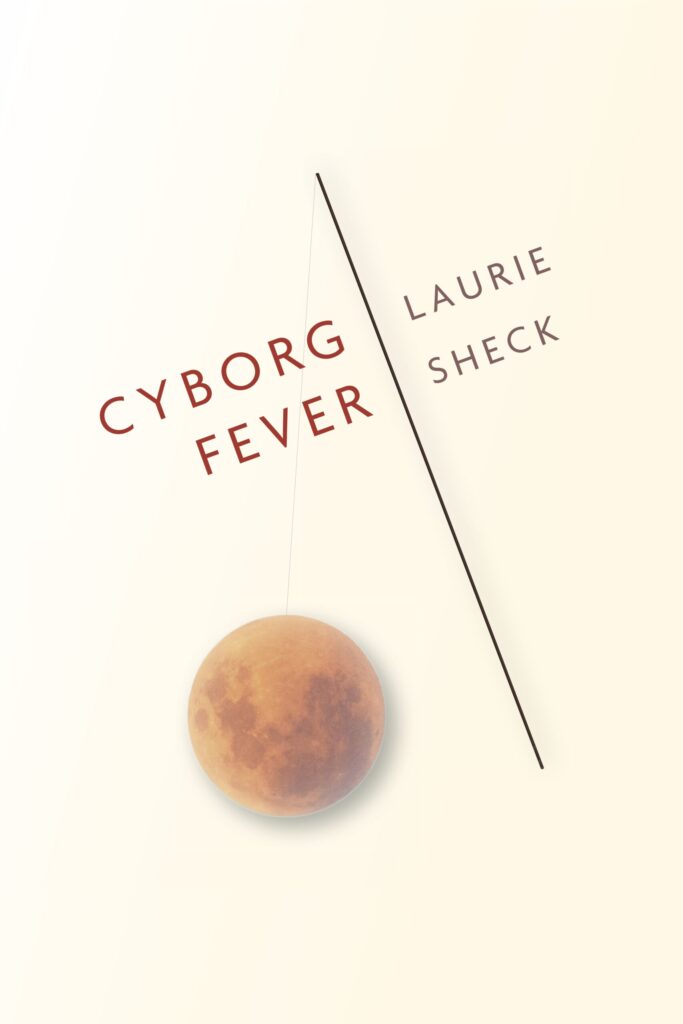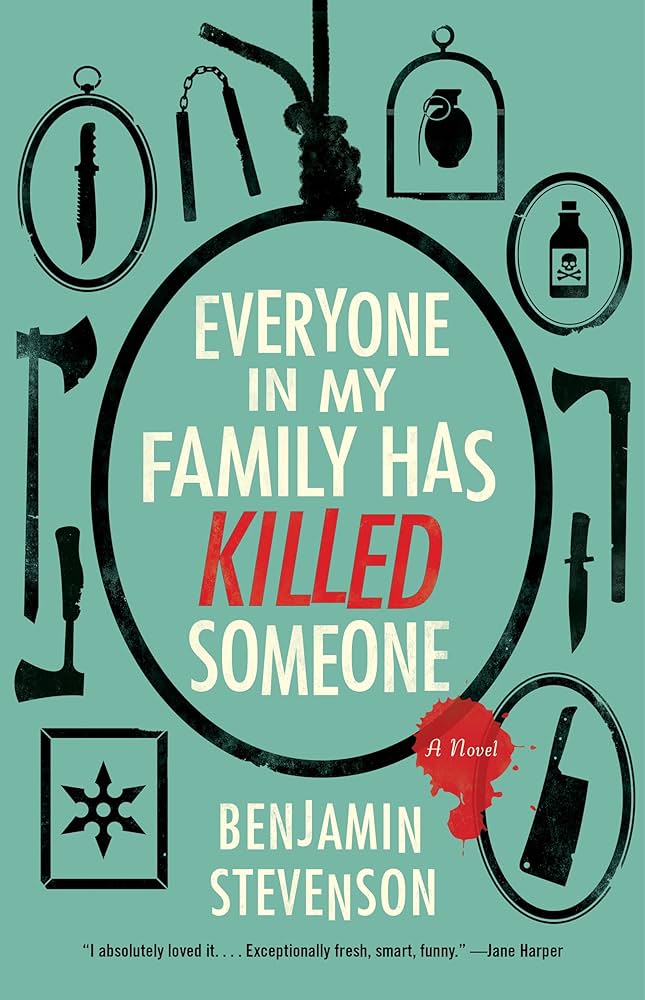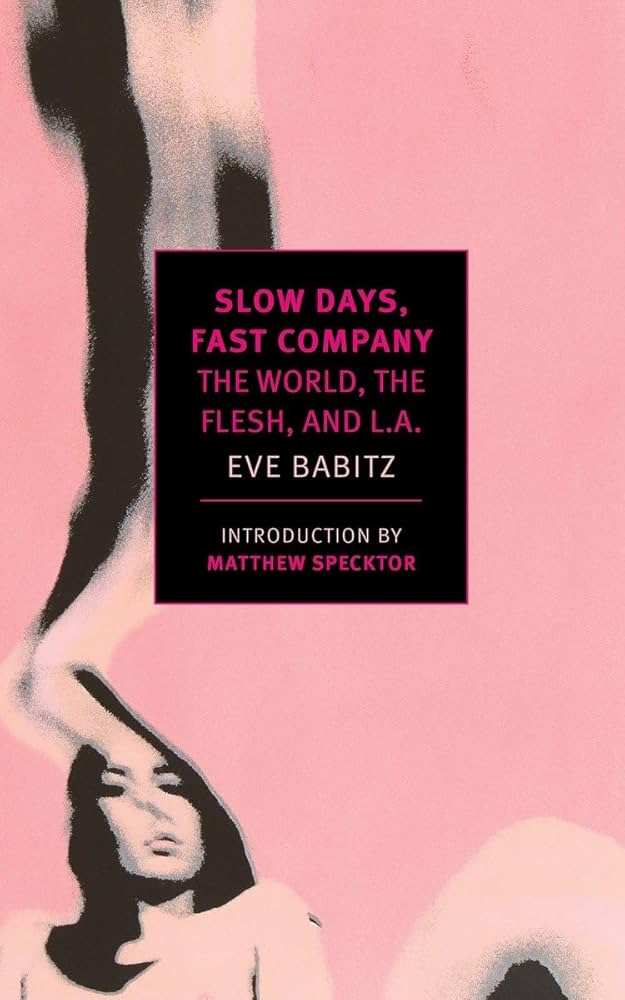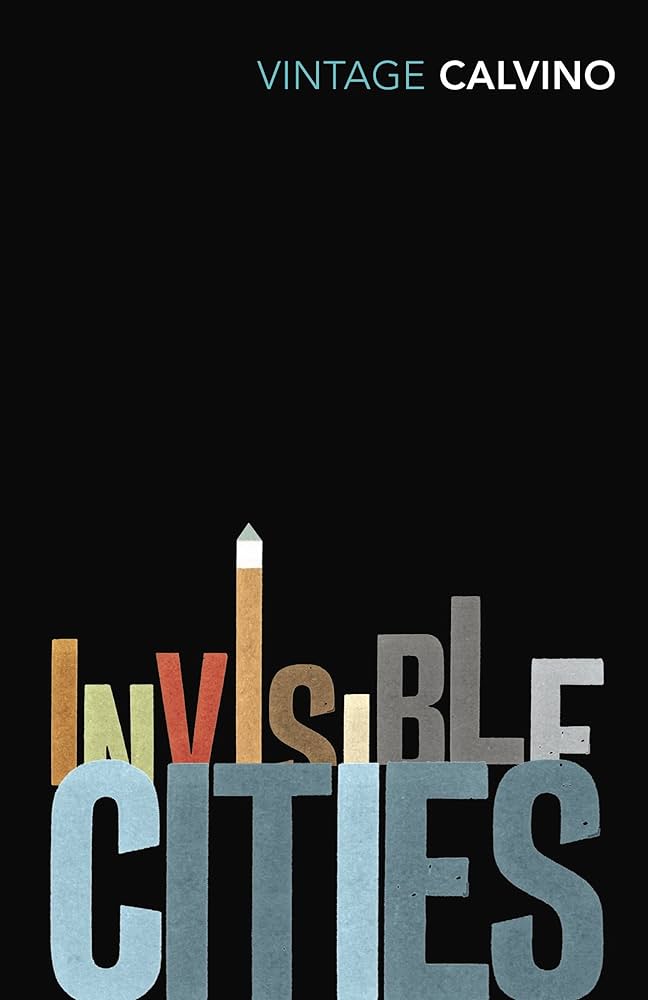I’ve never read Beowolf, and until a couple hours before I picked up Grendel, I had only the faintest idea of what that story was. Luckily neither of those were prerequisites for enjoying John Gardner‘s classic antihero novel. I read the Wikipedia entry for Beowolf, the SparkNotes summary and a bunch of Goodreads stuff, but I would have enjoyed the book just as much going in cold.
The 1971 novel revisits the ancient story from the monster’s vantage point, turning a foundational myth into a meditation on existence. Gardner’s writing moves between blunt violence and a kind of wry comedy, punctuated by sudden shifts in style that keep the book lively even as it circles around dark ideas. It’s a short novel that doesn’t settle into a single tone for long, and that’s part of what makes it so readable.
The story centers on Grendel (duh), the monster who lurks outside the mead-hall of Hrothgar’s kingdom. In the original poem, he’s a figure of horror and brute power, but Gardner takes the reader into his head, and lets him talk, think, and narrate. Grendel is full of humor, cynicism, and existential dread. He spends most of the book observing the Danes, mocking and fascinated by their rituals of violence and glory.
One of the book’s strongest aspects is the interplay between Grendel and the dragon, a creature of even older wisdom who lectures Grendel on the pointlessness of heroism and the inevitable loss of meaning. The dragon’s vision of the world, endlessly repeating and uncaring, rendering every action futile, seems to confirm Grendel’s worst fears, but it also gives him a framework to make sense of the human world he both hates and envies.
Gardner plays with language a ton throughout this book, shifting the prose to match the mood or Grendel’s state of mind. At times, the narration is poetic, as Grendel watches the Danes tell their stories. At other times, it’s abrupt and sardonic, mirroring his anger or boredom. These stylistic changes seem to echo the book’s themes—how stories shape the world, how perspective changes what’s true and right.
For all its philosophy, Grendel is also funny. The monster’s refusal to kill one of Hrothgar’s knights, a moment of modern trolling in a book full of violence, is a bit of slapstick energy that breaks the seriousness of the scene. There are other bits of absurd comedy that keep the novel from sinking too deep into nihilism.
Grendel has a propulsive quality that’s rare in a book so preoccupied with big ideas. The violence is quick and brutal, but it never feels gratuitous. The narrative never lingers too long in a single scene. This momentum gives the book an unexpected readability. Even when Grendel is lost in philosophical digressions, the story isn’t. It’s still about a monster watching a world that both repels and intrigues him.
More than anything, Grendel is a novel about the power of stories. Grendel listens to the Danes sing of their past, he absorbs the dragon’s dark wisdom, and he tries to find his own reason for existing. It’s an inquiry into the nature of storytelling and the meaning of life, for both the good guys and the bad. It’s a classic for a reason, and I’ve been thinking of it since the moment I finished it.

